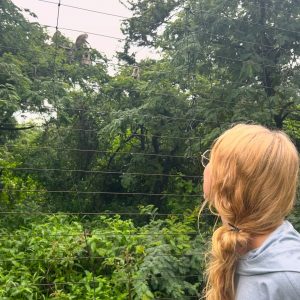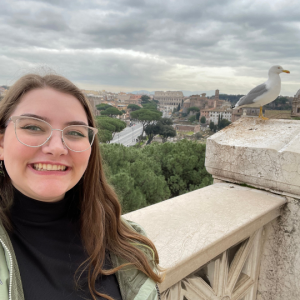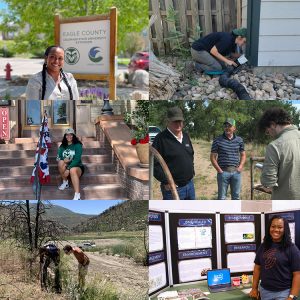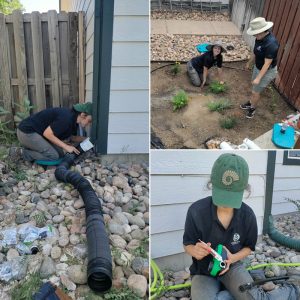Earning Credit and Experience
As an Anthropology and Geography student, you can pursue internships, practicum, and independent study to gain hands-on training and professional work experiences. Through these opportunities, students learn how to assist with research, develop practical skills, and explore career pathways -- while earning credit!
Interns and student researchers frequently gain experiential learning through faculty-led labs, the CSU Archaeological Repository, museums, national parks and forests, local governments, nonprofits, and cultural resource management firms. Opportunities often enable students to learn and apply in-demand skills including geographic information systems (GIS), artifact curation, cataloging and database management, aerial and terrestrial remote sensing methods, report writing, and more. Many students also use their experiences to complete Capstone and other research projects.
CSU Anthropology and Geography has a faculty Internship Coordinator ready to support students seeking internships and other opportunities.
Internship Coordinator
Student Experiences
Explore student internships, practicums, and independent study projects supported through Anthropology and Geography
HOST ORGANIZATIONS AND EMPLOYERS FOR STUDENT INTERNSHIPS
National Park Service
CSU Summer Extension Internship Program
History Colorado
U.S. Bureau of Land Management
CSU Archaeological Repository
Colorado Water Center
Fort Collins Museum of Discovery
U.S. Forest Service
Avery House
Global Village Museum of Arts and Culture
CSU Geospatial Centroid





